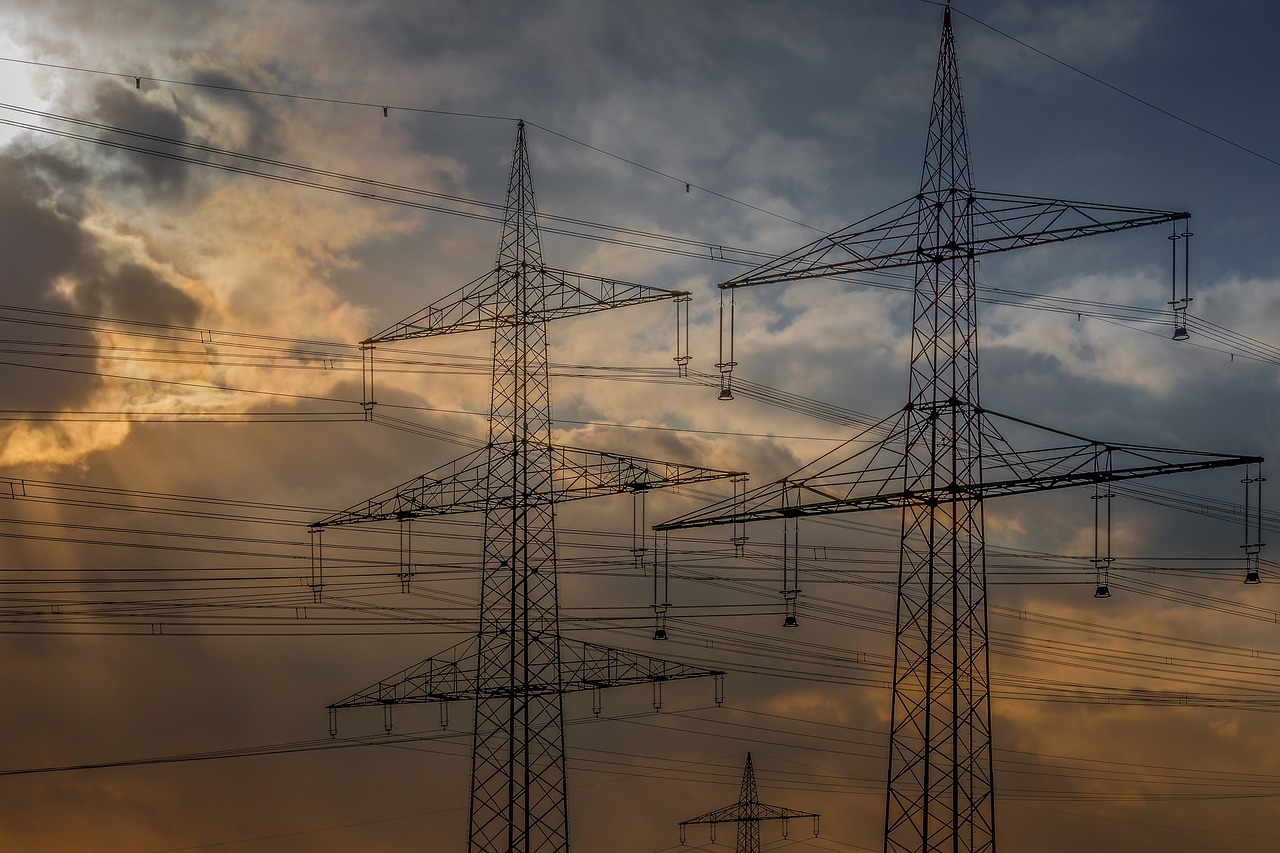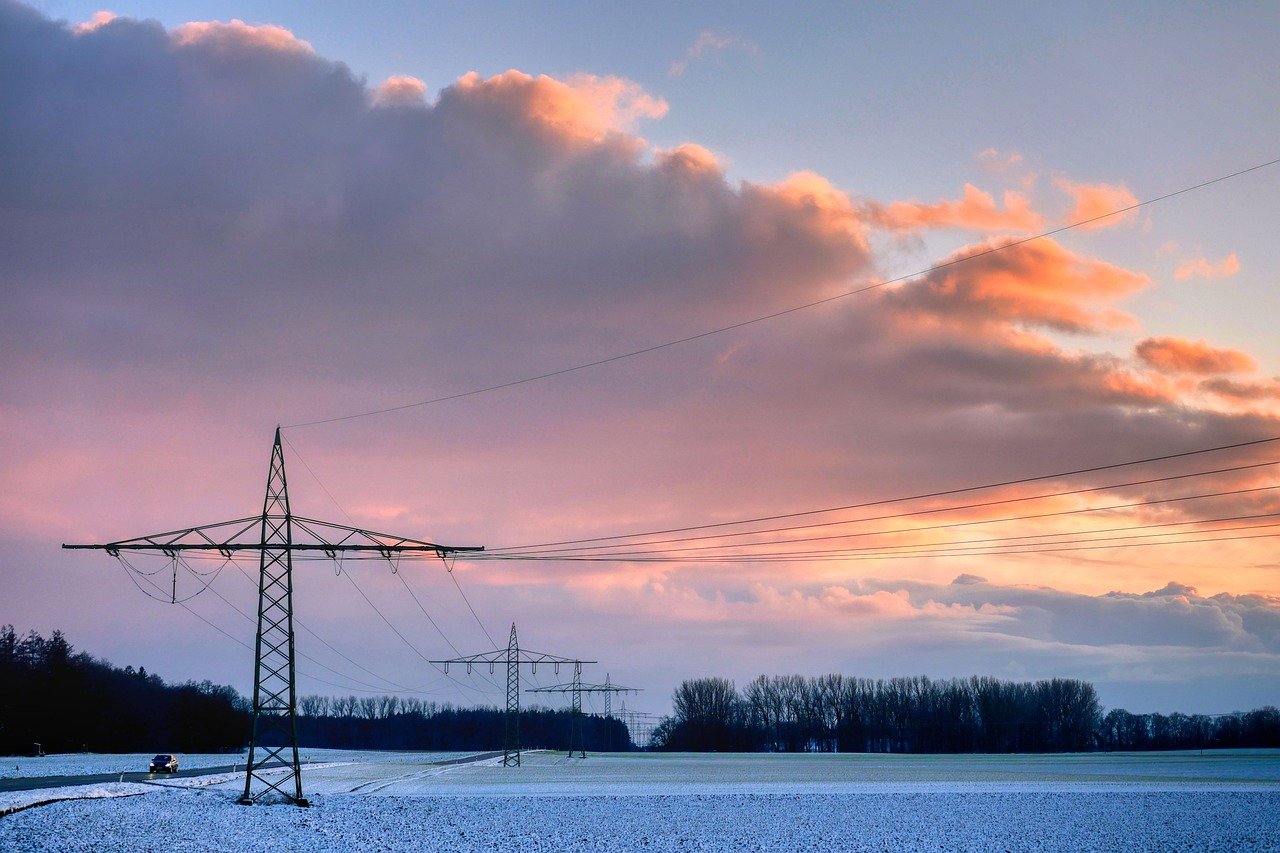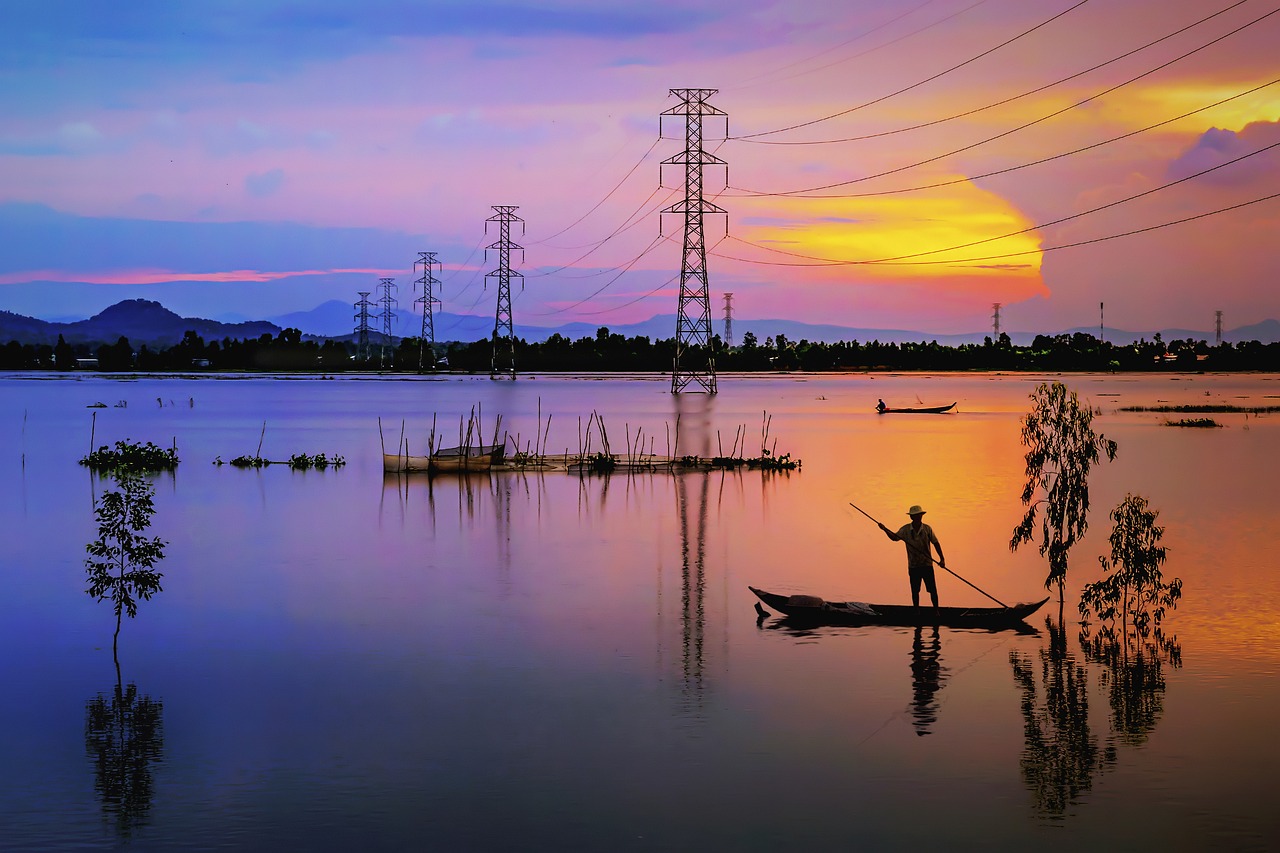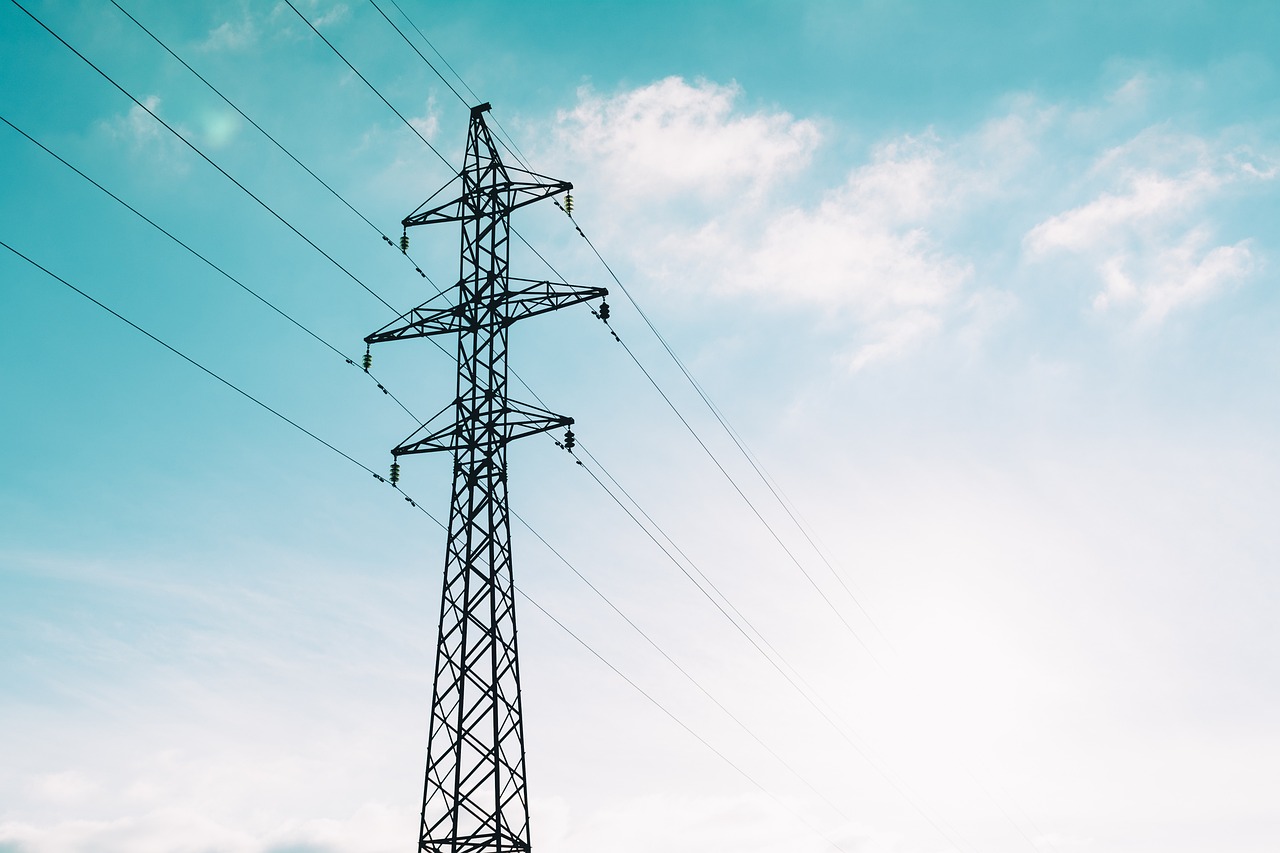Intensive Energy User Group
(IEUG)
About us
The Intensive Energy User Group (IEUG) is a registered entity established for Zimbabwean companies consuming a baseload requirement of at least one megawatt of power.
The shortage of electrical energy which is the fundamental requirement for economic growth in the 21st century is crippling growth prospects for the Southern African Region. The IEUG membership consumes over a large percentage of the power demand in Zimbabwe and has established subsidiary companies which will be responsible for trade in electricity, transmission, distribution and generation.
The establishment of the IEUG in Zimbabwe is seen as a real game changer, it allows the private sector to procure reliable, secure, predictable, and uninterruptable power at competitive prices. It also brings the financial capacity of the private sector in support of energy investment to meet the need to fund the many billions of dollars that have to be invested in the energy sector to meet current and future demand. This in no way diminishes the role of the public utilities in the region, it rather strengthens the system and enables the utilities to optimize their own operations. The IEUG represents the transformation of the electricity supply industry by the participation of the private sector
ENERGY AS A BASIS FOR REAL DEVELOPMENT

We all knew that electrical energy was important but recent changes to the nature of modern economic activity have amplified this in many ways. The reasons are many, but two main drivers stand out for us. The drive for clean energy to operate our economy going forward. A hundred years ago the main driver was coal, then a century of the internal combustion engine and carbon based fuel. Now its electricity.
But there is a new and unexpected turn in the 21st century – electronics. Data centers in many modern and developed countries are now major centers of consumption and demand. Almost every person on earth now uses an electronic gadget every day and they all need electricity. But the basic fact remains that an economy needs electrical power and needs it at a price that makes economic growth possible.
Three things are critical:
Reliability, quality and price.
In Zimbabwe one of our greatest failures has been not to keep abreast of demand and now we fail in all three areas – many areas of the country get poor quality power; supply is totally unreliable and the price of our power from our utility is now the highest in the region.
IEUG was formed by our major power users to assist the country overcome these challenges – we trade power, we are investing in new generation and in transmission and distribution. Distributed production is taking root across the country as companies and individuals try to meet their needs on their own or to augment what they get from the grid. Today 20 per cent of all demand is being met by these efforts and this will keep on growing driven partly by rapid technological changes.
But for many companies this is not enough, they need power in quantity and quality 24/7 and the cost is critical. Further we want the bulk of that new power to be clean and base load, available 24/7 at tariffs that are at a competitive rate per kWH.
Even if we achieve these ambitious goals, we will still have to plan to increase generation by 20% per annum to ensure our economy grows and can meet the needs of the country.
This may sound ambitious, but this is what is needed to exploit our potential and create the jobs our people need.




